Article
A Passport of Acceptance
"it involves letting go of the struggle against reality and finding peace within it"
Radical Acceptance and Alcohol Recovery: Embracing Change for Lasting Sobriety
Alcohol recovery is a challenging journey that often involves confronting deep-seated emotions, past traumas, and significant life changes. One powerful tool that can aid in this process is radical acceptance. This concept, rooted in Dialectical Behavior Therapy (DBT), involves fully accepting reality as it is, rather than fighting against it or denying it. Embracing radical acceptance can be transformative in the context of alcohol recovery, providing a foundation for lasting sobriety and personal growth.
Understanding Radical Acceptance
Radical acceptance is about acknowledging and embracing the present moment without judgment. It means recognizing that certain situations or feelings are beyond our control and accepting them as they are. This doesn't mean approving of negative situations or resigning oneself to them, but rather, it involves letting go of the struggle against reality and finding peace within it.
The Role of Radical Acceptance in Alcohol Recovery
For many individuals struggling with alcohol addiction, denial and resistance are common coping mechanisms. These can manifest as denial of the severity of the addiction, resistance to treatment, or refusal to acknowledge underlying issues such as trauma or mental health conditions. Radical acceptance can break these patterns by fostering a mindset of openness and acceptance.
- Acknowledging the Problem:
- The first step in recovery is often the hardest: admitting that there is a problem. Radical acceptance encourages individuals to confront their addiction head-on, acknowledging the impact it has had on their lives and the lives of those around them. This honest self-assessment is crucial for seeking help and beginning the recovery process.
- Accepting Past and Present Circumstances:
- Many people with alcohol addiction have experienced significant trauma or adversity. Radical acceptance involves recognizing these past events without judgment and accepting the emotions they evoke. This can reduce the emotional burden of carrying unresolved pain and provide a clearer path to healing.
- Letting Go of Control:
- A common struggle in addiction recovery is the desire to control every aspect of one’s life and environment. Radical acceptance teaches individuals to accept that they cannot control everything, particularly the actions and reactions of others. This can lead to a significant reduction in stress and anxiety, which are often triggers for substance use.
Practical Steps to Implement Radical Acceptance in Recovery
- Mindfulness Practices:
- Mindfulness and meditation are powerful tools for practicing radical acceptance. These practices encourage staying present in the moment and observing thoughts and feelings without judgment. Regular mindfulness practice can help individuals become more aware of their emotions and reactions, making it easier to accept them.
- Therapeutic Support:
- Working with a therapist trained in DBT can provide structured guidance in implementing radical acceptance. Therapy sessions can offer a safe space to explore difficult emotions and develop strategies for acceptance and coping (Wikipedia).
- Journaling:
- Keeping a journal can be an effective way to process thoughts and emotions. Writing down experiences and reflecting on them can help individuals identify areas where they are struggling to accept reality and work through these challenges in a constructive manner.
- Support Groups:
- Joining support groups such as Alcoholics Anonymous (AA) can provide a sense of community and shared experience. Hearing others’ stories of acceptance and recovery can be inspiring and reinforce the principles of radical acceptance.
Benefits of Radical Acceptance in Recovery
- Reduced Emotional Distress:
- By accepting emotions and situations as they are, individuals can reduce the intensity of negative emotions such as anger, frustration, and sadness. This can decrease the urge to use alcohol as a coping mechanism.
- Improved Relationships:
- Acceptance of oneself and others can lead to healthier and more authentic relationships. Letting go of the need to control others or harbor resentment can pave the way for more meaningful connections.
- Increased Resilience:
- Embracing radical acceptance builds emotional resilience. It equips individuals with the ability to face challenges and setbacks without reverting to destructive behaviors.
Radical acceptance is a powerful concept that can significantly enhance the alcohol recovery journey. By embracing reality as it is and letting go of the struggle against it, individuals can find peace, reduce emotional distress, and build a solid foundation for lasting sobriety. Incorporating practices such as mindfulness, therapy, journaling, and support groups can help cultivate this mindset, leading to profound personal growth and a healthier, sober life.
